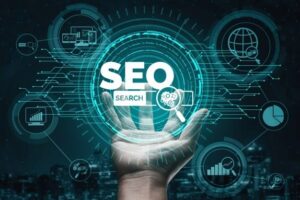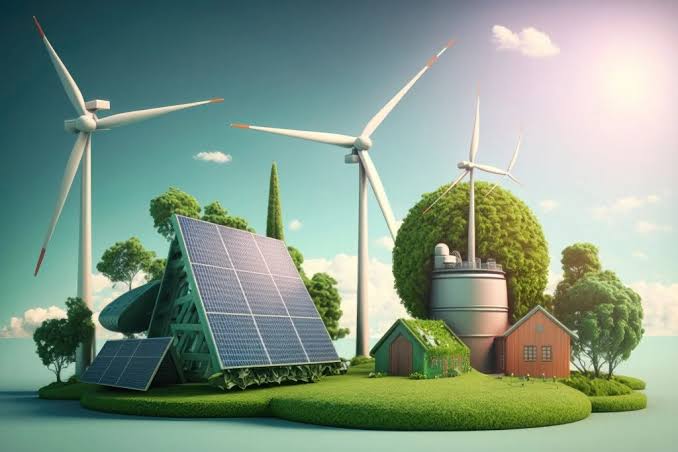Sustainable Energy
In recent years, sustainable energy has shifted from being a niche topic to becoming a central issue in the business world. As climate change impacts become more visible, businesses are increasingly recognizing the importance of clean energy sources—not just for environmental reasons, but also for their own financial futures. Companies that invest in sustainable energy now are positioning themselves for long-term success while also playing a role in building a greener, more resilient world.
Sustainable energy primarily refers to energy sources that are renewable and have minimal environmental impact. This includes solar, wind, hydro, and geothermal power. Unlike fossil fuels, which produce harmful emissions and are finite, these sources are cleaner and renew themselves naturally. As technology advances, the costs of producing and using sustainable energy have dropped significantly, making it more accessible for businesses of all sizes.
One big motivation for businesses to adopt sustainable energy is cost savings. Although the initial setup costs for solar panels or wind turbines can be high, they usually pay for themselves over time. Once installed, these systems provide power at little to no cost beyond regular maintenance, which reduces the company’s reliance on expensive fossil fuels. Many businesses that have made the switch report significant savings on their energy bills within just a few years.
Moreover, governments worldwide are encouraging the transition to sustainable energy by offering tax incentives and grants. In many countries, companies that invest in renewable energy receive tax breaks or subsidies that help offset the initial costs. This makes it easier for businesses to adopt sustainable energy solutions without putting too much pressure on their finances. In some cases, companies can even sell excess energy they produce back to the grid, creating an additional revenue stream.
Aside from financial benefits, there’s a growing demand for environmentally responsible businesses among consumers and investors. People want to support companies that care about the environment, and they’re more likely to buy products or services from brands that align with their values. This trend is especially strong among younger consumers, who are more environmentally conscious. For companies, adopting sustainable energy is a way to attract this audience and build a positive reputation.
Investors, too, are increasingly looking at sustainability as a key factor when deciding where to put their money. With the rise of environmental, social, and governance (ESG) criteria, investors are evaluating companies based on their environmental impact. Companies that use sustainable energy are seen as forward-thinking and better prepared for future regulations and changes in the market. As a result, businesses that adopt renewable energy are more likely to attract investment from those who value sustainability.
However, transitioning to sustainable energy does come with its challenges. Initial costs, while reduced, are still a barrier for some small businesses. Additionally, reliable access to renewable energy depends on location and resources. For example, solar energy is highly effective in sunny regions but less so in cloudy or rainy areas. Businesses need to carefully consider which type of renewable energy works best for their location and energy needs.
Despite these challenges, the advantages of sustainable energy outweigh the drawbacks for most businesses. With lower operating costs, government incentives, and a positive impact on consumer perception, investing in renewable energy is a strategic move for companies that want to remain competitive and future-proof their operations. In the coming years, we’ll likely see even more businesses make the shift as they recognize the long-term benefits and potential for growth in a greener economy.
Sustainable energy isn’t just a trend—it’s the future. For businesses, now is the time to invest and be part of the solution. Not only does it make financial sense, but it’s also a critical step toward a more sustainable world for future generations.











